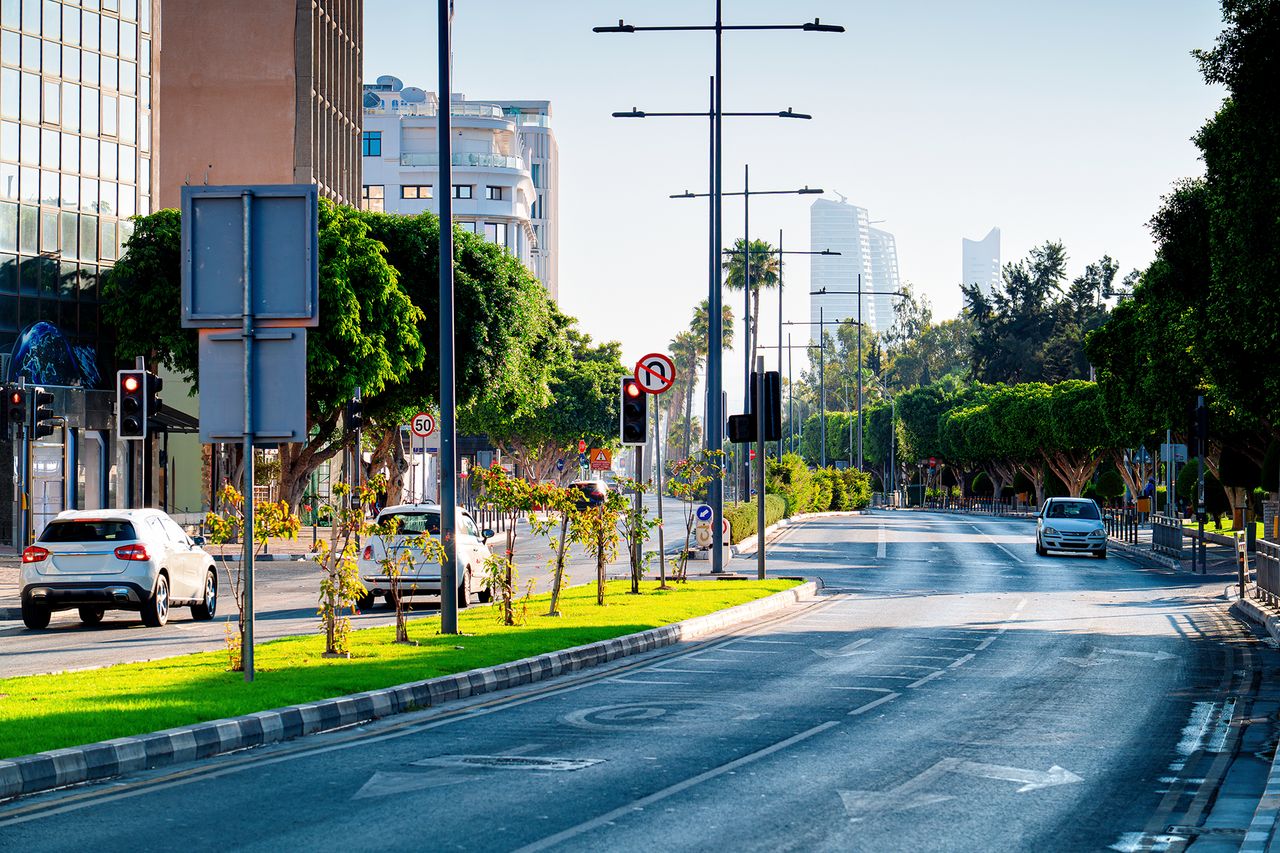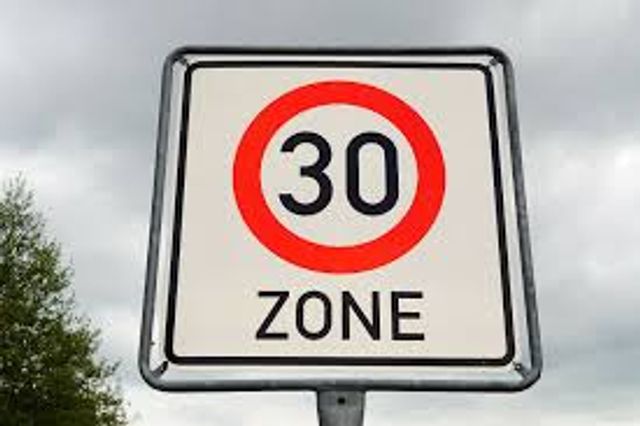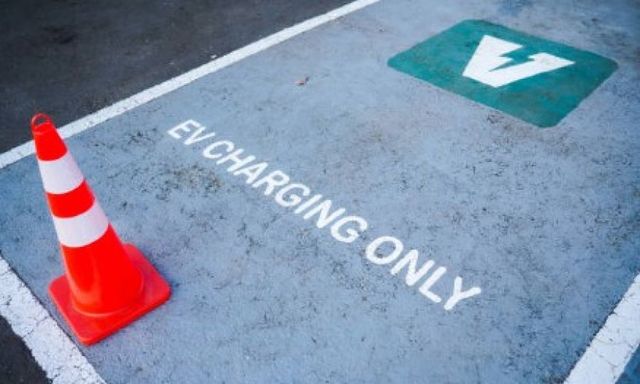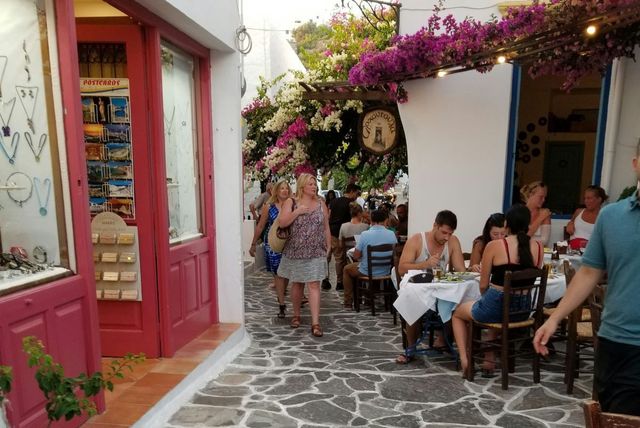Starting October 29, 2025, the city of Limassol has implemented new traffic regulations approved by the municipality in cooperation with the Cyprus Police.
These measures are part of Phase A of the Sustainable Urban Mobility Plan, designed to improve road safety, reduce congestion, and promote environmentally friendly modes of transport.
The new rules affect three central streets: Emmanouil Roidi, Theklas Lysioti, and Evagoras Papachristoforou. Emmanouil Roidi Street has become one-way, with traffic now allowed only from Griva Digeni toward Agias Zonis. Theklas Lysioti and Evagoras Papachristoforou Streets have also become one-way, but in the opposite direction, from Agias Zonis toward Griva Digeni.
In addition, all three streets now have a speed limit of 30 km/h, creating a new “Zone 30” in the heart of the city. This initiative aims to enhance safety for pedestrians, cyclists, and public transport users while reducing noise and pollution in densely populated areas.
The transformation of Limassol’s traffic network was first planned in 2024, when Cyprus authorities announced a nationwide policy to lower speed limits in urban areas. Limassol’s municipality was among the first to adopt the plan, developing a detailed framework for safer, more efficient traffic routes and improved mobility in the city center.
According to city officials, the new traffic layout is not only about safety but also about reducing carbon emissions, easing congestion, and encouraging residents to use public transport and bicycles. The initiative is fully aligned with the European Union’s Smart and Sustainable Mobility Strategy, which targets a significant reduction in private car dependency across EU cities by 2030.

Authorities have confirmed that the new rules came into effect on October 29, and any violations will result in administrative fines under the Municipalities Law and the Limassol Regulations of 2006.
The Cyprus Police will carry out enhanced monitoring during the initial implementation phase, focusing on compliance with the new one-way routes and the 30 km/h speed limit. Increased patrols are expected in the first weeks, especially during morning and evening rush hours.
Phase A of the Sustainable Urban Mobility Plan marks just the beginning of a broader effort to modernize Limassol’s transport infrastructure. Future phases include dedicated bus lanes, an expanded network of cycling paths, and revamped public spaces to encourage alternative forms of mobility.
The municipality also plans to introduce smart traffic lights, digital passenger information displays, and real-time traffic monitoring systems to optimize flow and reduce delays.
City officials emphasize that while the transition period may cause temporary inconvenience, the long-term benefits will be substantial — including improved air quality, reduced noise levels, and a more livable urban environment. By embracing these reforms, Limassol is positioning itself to become one of the most sustainable and people-friendly cities in the Eastern Mediterranean by 2030.
Find the best car rental deals in Cyprus at Secrental.com – easy booking, a wide vehicle selection, and competitive prices for every traveler.




